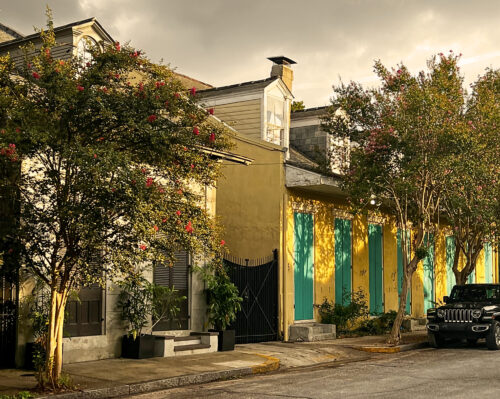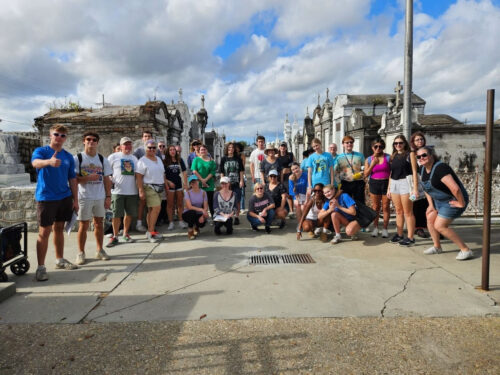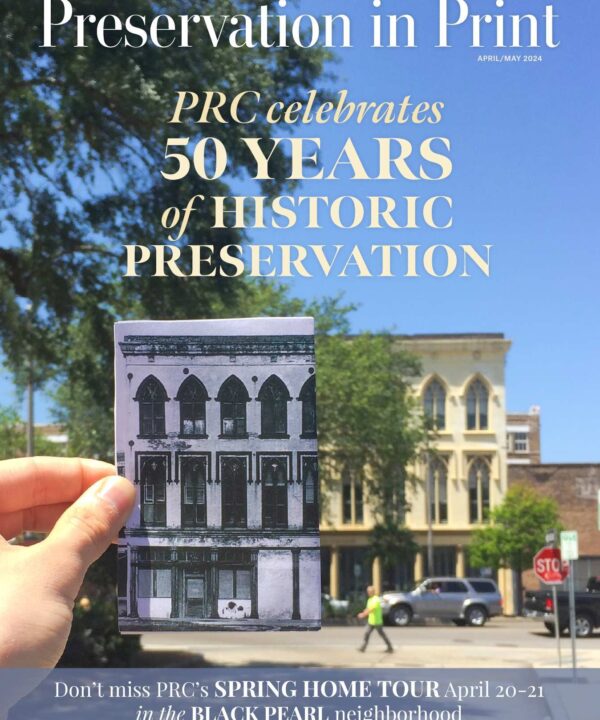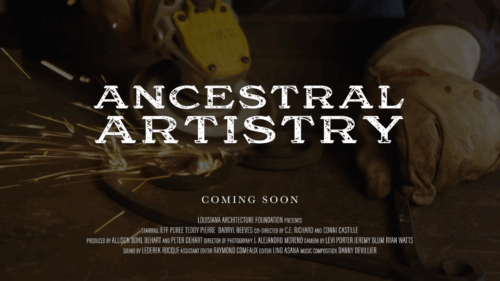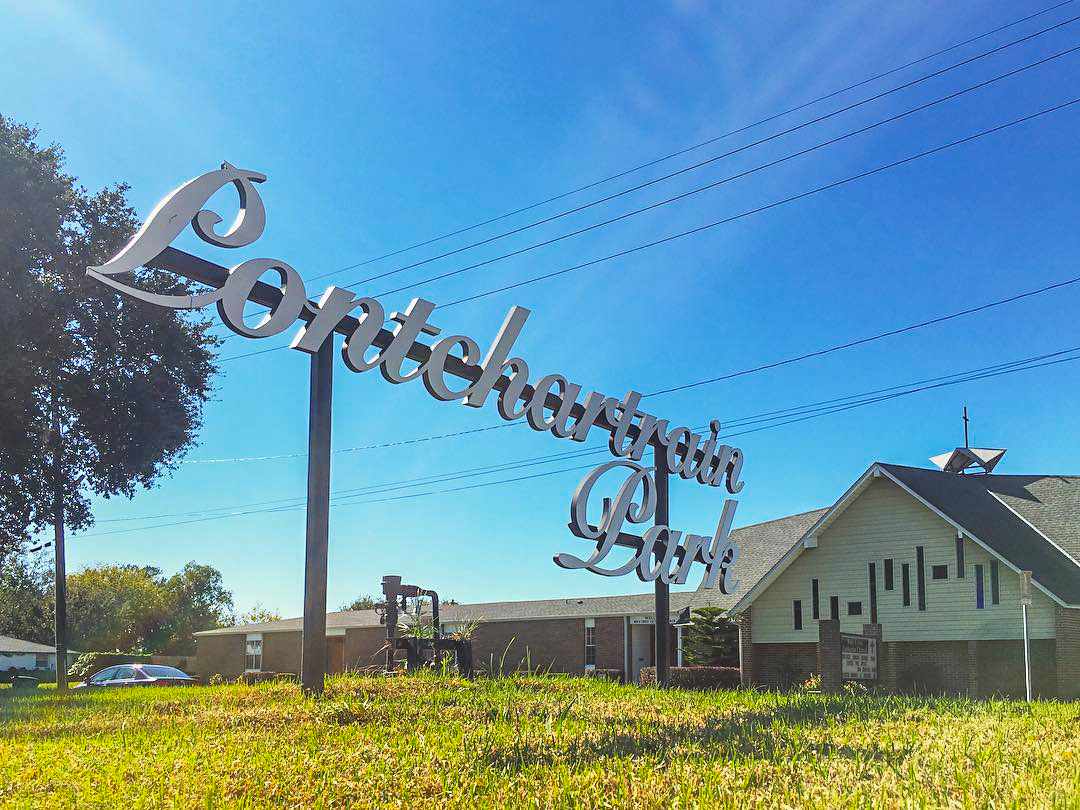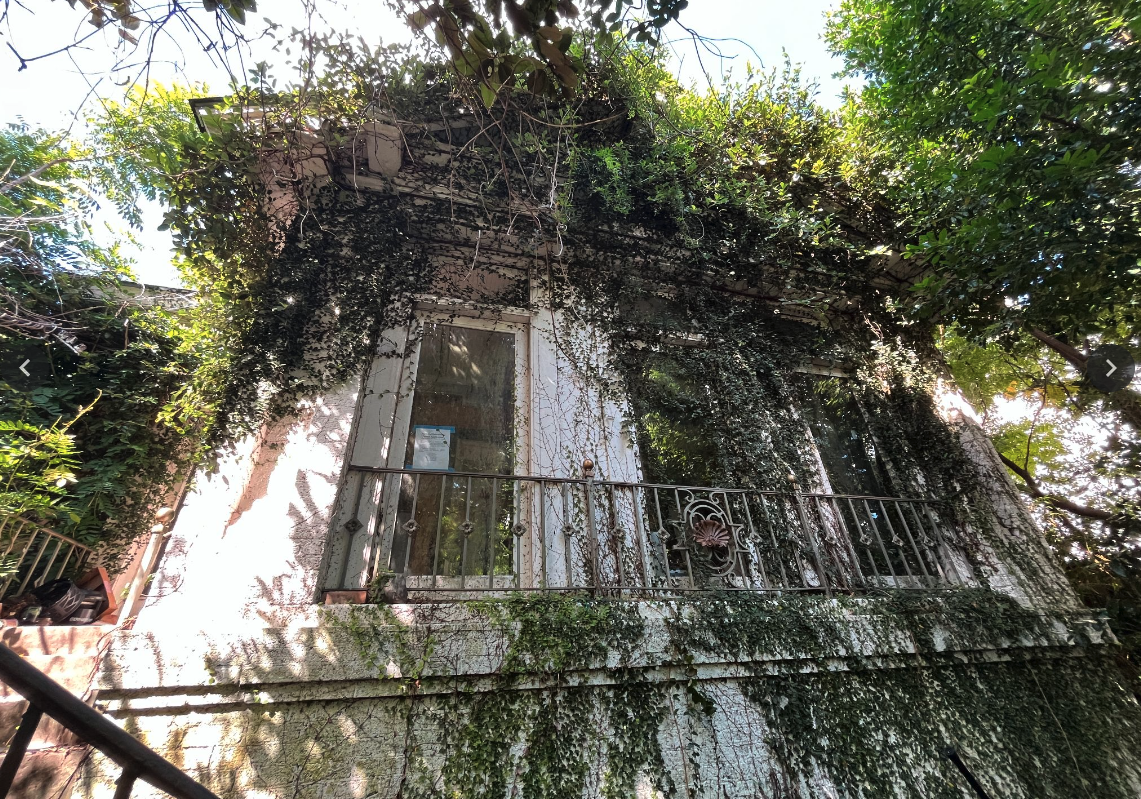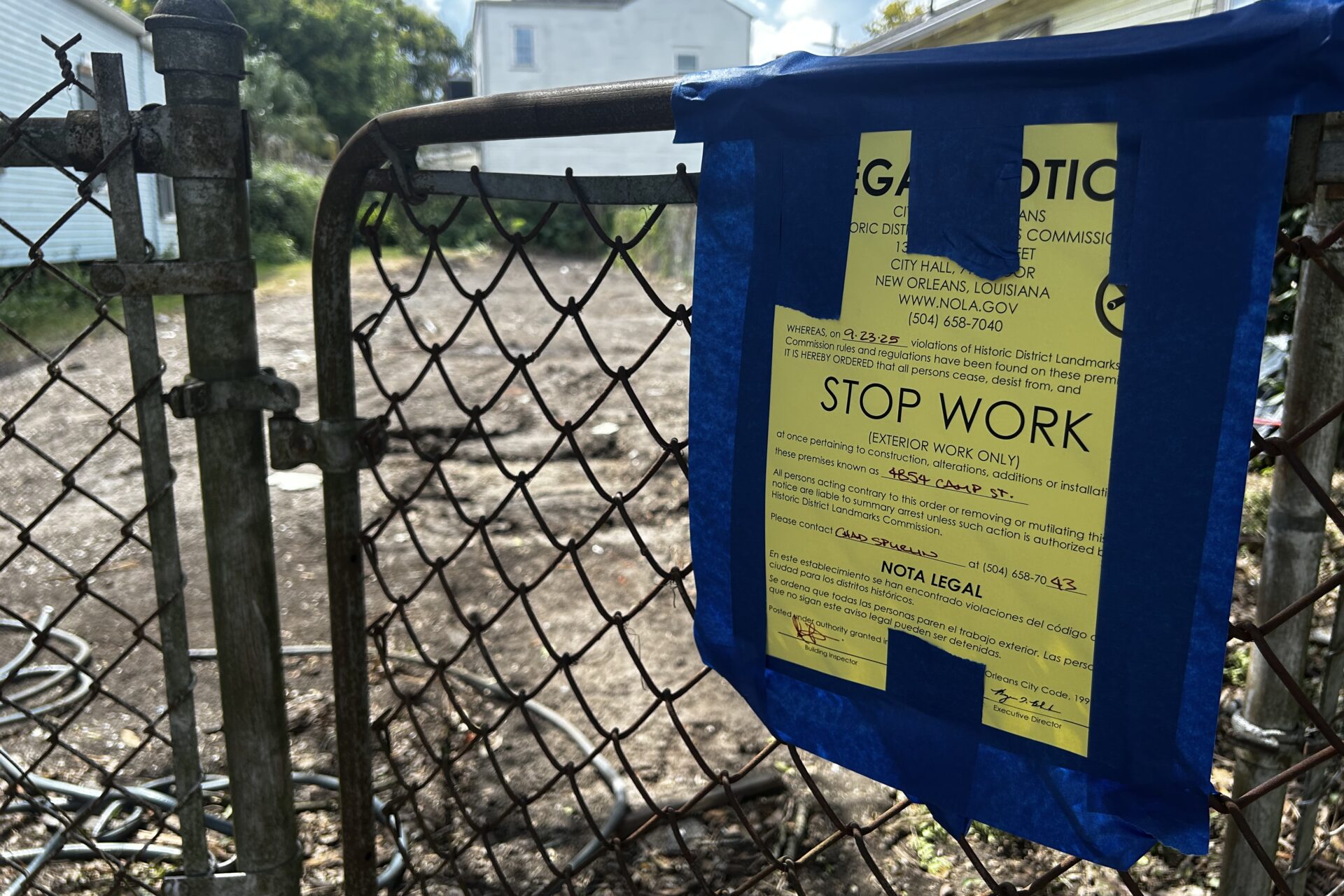Overview
District A • District B • District C • District D • District E • At-Large
Chantrisse Burnett – D
My role will protect our rich and beautiful culture on every level and in every form of architecture to our cultural barriers. By listening to those who are the stewards, experts, and people that create and work within the historical institute.
Troy Glover – D
Cultural and Historic preservation is what keeps New Orleans, New Orleans. My focus would be to lean on experts, put people first and to promote and create equitable polices to centers the residents and businesses in our city.
Eugene J. Green, Jr. – D
New Orleans is one of the oldest cities in North America. Therefore her culture and many of her structures, and neighborhoods are of historic importance and must be preserved when at all possible. As a member of the New Orleans City Council, I support and will advocate the preservation of New Orleans architecture and culture. One of the best ways to achieve this is by addressing blight in our historic neighborhoods through the use of code enforcement and tax credits for redevelopment.
Mariah Moore – D
I would focus on ensuring that the historic parts of District D retain their architectural significance and integrity while also ensuring that the culture bearers who give these life and vitality are able to retain their quality of life. As such, I will specifically focus on addressing overtourism, particularly in the Treme, the 7th Ward and other culturally and architecturally significant areas.
Chantrisse Burnett – D
We can do this by expanding the program we have that increases homeownership for our residents—and creating more opportunities for a person to become eligible homebuyers through proper housing, funding. We can also create a neighbors community cohort program where actual neighbors could come together and purchase a property blight or vacant and, as a team, rebuild, sell or rent. Now the people living in that community can control the blight and vacant properties in their Neighborhood—a community buyback Program.
Troy Glover – D
I’m currently doing this work now. My organization cuts, maintains and redevelops blighted lots across the city that are under the chapter 66 process. My goal would be to continue to bring those lots up to code and use some lots for units of affordable housing in partnership with a CCCLT and others and making the lots accessible to neighbors.
Eugene J. Green, Jr. – D
Blighted housing can offer opportunities to developers while addressing our affordable housing shortage. Incentives such as low income tax credits for investors are great way to alleviate some issues in many of our historic communities. The city should take a more aggressive approach in code violations and enforcement this will reduce blight significantly.
Mariah Moore – D
While many of these laws are subject to state laws, we can further promote anti-blight programs and access to data on blight that have been proven successful in the past. We should make it easier for residents who live in historic homes yet have trouble affording repairs to obtain needed resources to fund these repairs. We can also hold absentee landlords and those who have vacant land accountable by creating disincentives (through the Council’s taxing authority) to those who hang on to properties, can afford to make repairs, and yet refuse to maintain them.
Chantrisse Burnett – D
I would handle this by looking at the overall cost by comparing the cost of modernizing the current location over Relocation. Whichever option is more cost-effective and accessible for taxpayers is the choice I would make for the residents, with community input on the matter. I would never support relocating to anyplace of cultural or historical nature.
Troy Glover – D
The current location of City Hall is accessible to residents that use public transportation. I think there’s some real potential to modernize the current location or move City Hall to the East.
Eugene J. Green, Jr. – D
I believe that a city advisory committee that looks at options for City Hall’s location should be formed. I have not read any documents yet that suggest that a new City Hall is a requirement to effectively do business. If it is determined that a new City Hall is necessary, an area where citizens have easy access to offices and departments should be selected.
The new city hall could possibly be located in New Orleans east. Relocating it in the east would accomplish several goals: there is ample space for the building and needed parking, it would help to revitalize an economically depressed area, citizens would have easy access to transportation venues, and it would not disrupt a small and historic community. Also, as the Covi-19 pandemic has taught us, many in-person services can be easily done via the internet. It’s time to think differently about where and how city services are delivered.
The Municipal Auditorium has been suggested but is inappropriate. The Municipal Auditorium is a nearly one hundred years old historic structure with magnificent features and should be rehabilitated, returned to its original use. It stands as a cultural icon in New Orleans. Perhaps a museum feature could be added with a focus on the history of events that have taken place there (carnival balls, graduations, concerts etc.) and the significance of Armstrong Park/Congo square in the history of New Orleans.
Mariah Moore – D
I believe that City Hall should remain in its current location, in a newly renovated, clean, and accessible building that addresses the needs of residents but also is a positive and productive work environment for City employees.
Chantrisse Burnett – D
As a council member, the model I will consider is a balance test to guide my decision to overturn. An example is if the decision making is causing a problem in the form of public safety, any discriminatory practices to residents, or potential destruction of a historical property, out weighted the benefits from the decision made would be cause for a possible overturn. We must always keep first how the decisions made impact the lives of all parties involved.
Troy Glover – D
My decisions would take into account historical context, impact of neighborhoods and residents and always ask the question of “who benefits and why?”
Eugene J. Green, Jr. – D
I believe community input is essential to making determinations on these matters as well as issues of utility and economics must be considered. Historic preservation is a complicated process and cannot be reduced to a simple set of criteria. Overturning decisions by HDLC should be handled in a case by case manner.
Mariah Moore – D
I would look to the Master Plan and such decisions would be rare. I would consider specific situations where doing so would allow an individual resident who may not have needed resources to stay in their home and make needed critical repairs.
Chantrisse Burnett – D
I see zoning as one of the most significant responsibilities of councilpersons. We must protect the residents first when it comes to “over-tourism” for commercial dollars. We do this by enforcing strict rules and guidelines to keep business out of residential space outside the designated area or designated street times allotted by way of fines and penalties for any company or entity not following the rules and guidelines.
Troy Glover – D
More regulations on AirBNB, ensuring enough units of affordable housing for residents, requirements for new businesses to hire and retain residents.
Eugene J. Green, Jr. – D
Tourism can be made more equitable by promoting and providing education to locals that will enable them to advance in areas of tourism. Too many of residents have been only able to access low level service related jobs in tourism. With the proper education, they could qualify for management and other top level positions,. Also the promotion of minority owned tourism based businesses would help to create equity. Of course, as a Council member I will promote bringing DBE participation up to legislated levels.
There is legislation currently in place to protect our neighborhoods from “overtourism”. What we lack is enforcement. As a Council member, I will promote enforcement of those existing laws.
Mariah Moore – D
I would fight to extend the Air BnB carveout currently afforded to the French Quarter and the Garden District to the Treme and parts of the 7th Ward.
No response: Chelsea Ardoin – R; Morgan Clevenger – D; Anthony Doby – no party; Kevin Griffin-Clark – D; Mark “Johari” Lawes – D; Robert “Bob” Murray – D; Keith “KP” Parker – D; Timolynn “Tim” Sams – D; Dulaine Troy Vining – D; Kourtney Youngblood – D

